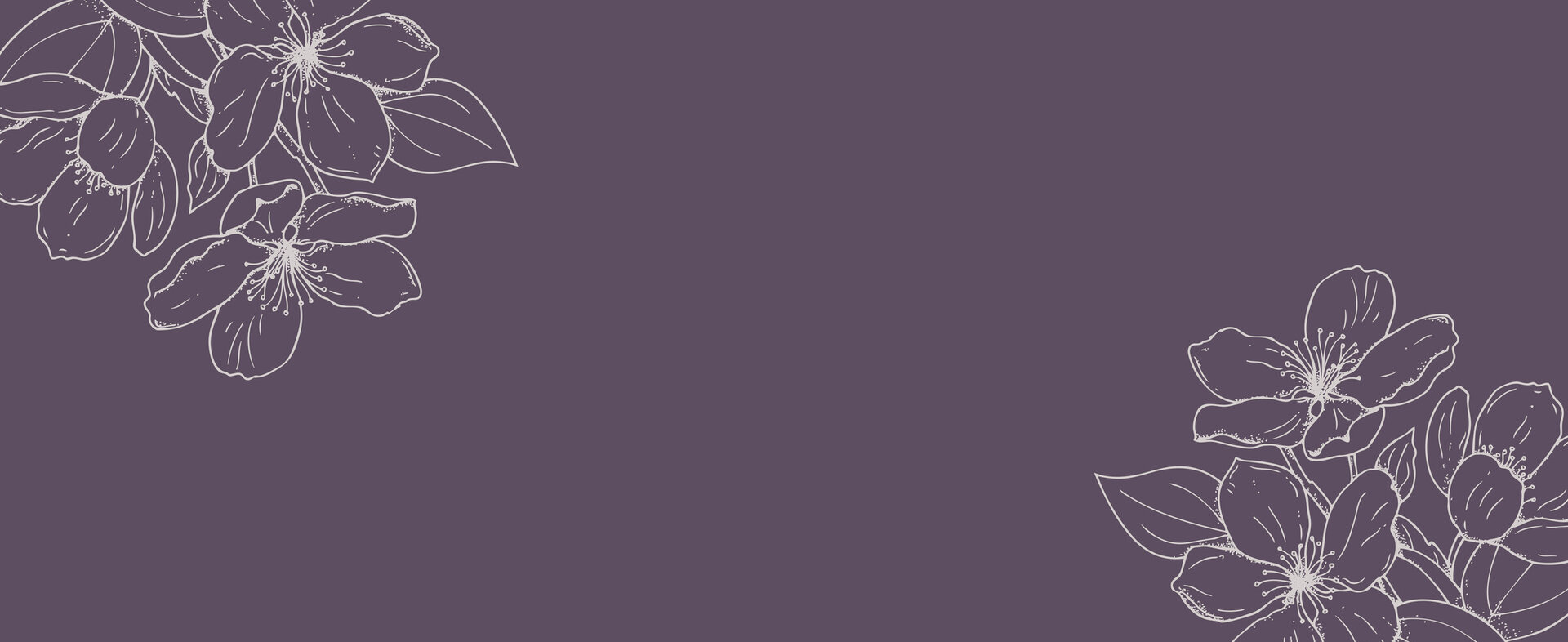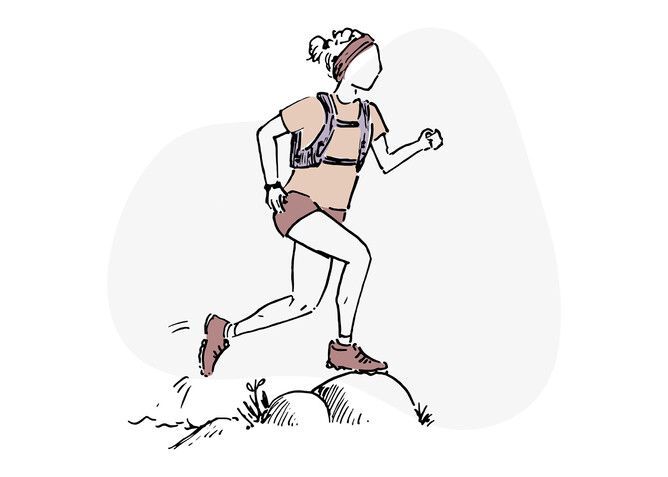POP at 32 / Story at 37
My first child came in an 8 pounds 7 ounces rush. It took 3.5 hours from the first niggle of labour to holding a beautiful boy in my arms. On the way he got stuck. Fortunately I had a very skilled and experienced midwife, who, along with my husband, manipulated my hips to help move my son down to where he was supposed to be. Then came the episiotomy (and the stitches). It seemed like a good birth to me. It was fast and my son was healthy.
Four weeks later I noticed a heavy feeling in my pelvis, as if my insides might fall out. I struggled to control my bladder. I didn’t think they were connected, but I knew something wasn’t right. I asked my midwife to check. She said I was fine. But the feeling continued. It didn’t hurt but it was extremely uncomfortable. No one had ever mentioned prolapse to me. Or urinary incontinence. I thought that was something that happened to elderly people. It wasn’t until I was googling during a 3am feed that I came across an obscure American-based website about Pelvic Organ Prolapse. I knew instantly that was what I had. I was devastated. And disgusted by my own body.
I made an appointment with my GP. She inspected me, said she wasn’t sure about it, didn’t know much about prolapse, and suggested I make an appointment with a private gynaecologist because it would take too long to be seen at the hospital. She told me the wait might be three months.
I didn’t have three months. It felt too urgent. Back to google I went. I discovered there was a whole specialist industry of pelvic health physiotherapists and there was one in my area. I only had to wait four weeks to see her although I had to pay privately because my midwife chose a lesser intervention to extract my baby than using forceps (thank God), so I wasn’t eligible for ACC birth injury funding.
At this appointment, a wonderful pelvic health physio diagnosed a uterus and bladder prolapse . She gave me guidelines to learn exercises to improve my condition and a follow-up appointment for six weeks later. It was exactly what I needed. At the same time though, I was told I might not run again, possibly might not bike again, and in the future may require surgical intervention including a hysterectomy. But I would have to wait until I’d completed my family before being eligible for surgery.
Before having children I had been a multi-sport athlete. I had completed Coast to Coast, 12-hour adventure races and spent my weekends in the mountains. Now I felt like everything had been taken away from me. I was scared. I felt unattractive and definitely didn’t want to be intimate with anyone again, let alone even try to explain to my husband what was happening to my body. On top of this I was up five times a night with a child that didn’t sleep and was coming to grips with my new identity as ‘just a mum’ – not an athlete, not a lawyer, not a financially independent woman, and not even a woman with control over her own bodily functions. For the next eight months I suffered postnatal depression.
For the birth of my second child, I chose to have an elective caesarean because there was a high chance a further natural birth would increase the severity of my prolapse. My midwife said she hadn’t had a client in my position before and came to all of my specialist appointments as a learning experience. She even called me when she had a client prolapse during pregnancy to ask what resources and help I would recommend for her. I felt so grateful for her open-mindedness and interest, but sad that our health system is such that I had to teach my own midwife about prolapse.
During that pregnancy I asked my midwife to refer me to the DHB physiotherapist and gynaecologist post birth so that I didn’t have to pay privately again (I’d learnt a few tricks first time round!). However, the wait to see the physio would have been four months; seven to see the gynaecologist. I was scared that my mental health would go downhill again if I didn’t rehabilitate my body quickly enough. So again, I paid to do this privately.
I still feel racked with guilt that I didn’t seek help for my depression earlier, for my son’s sake. I feel angry that my family and I had to go through that because, although we were educated people, no one bothered to educate us about POP. I was convinced I was unlucky, a freak, and that people wouldn’t understand because even my midwife and GP didn’t seem to have much knowledge about POP. If I’d known I was ‘1 in 3 women’ then, I wouldn’t have felt so alone. I eventually trialed multiple pessaries and after a while found one that I now wear daily so that I can continue to do the things I love.
I count myself lucky that I had the confidence and resources to help my recovery. Now, five years on, I’m running and biking again regularly. I’ve even just started training for a return to the Coast to Coast run.



